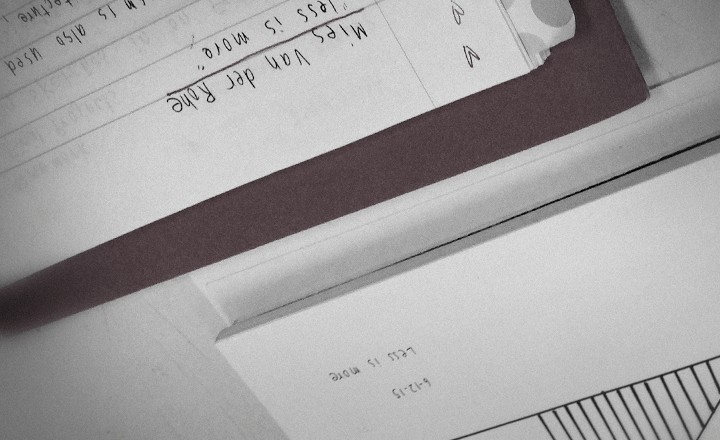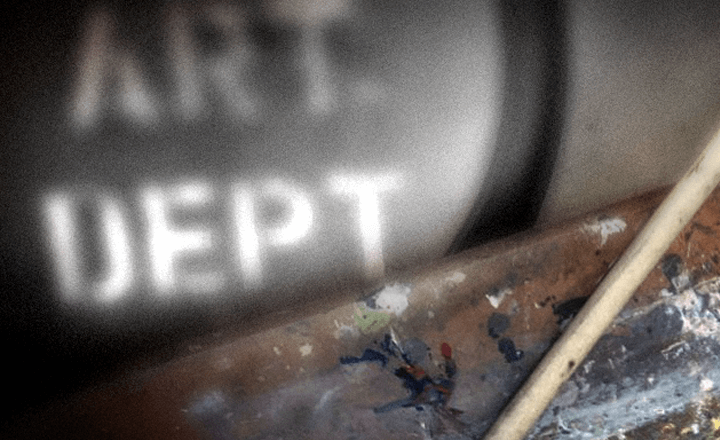‘Man surprised me most about humanity. Because he sacrifices his health in order to make money.
‘Then he sacrifices money to recuperate his health. And then he is so anxious about the future that he does not enjoy the present; the result being that he does not live in the present or the future; he lives as if he is never going to die, and then dies having never really lived.’
—James J. Lachard
The problem with dodging the bullet is that the bullet is still flying, and still needs to be dealt with – if you dodge it, then it will probably hit someone else. “Whew!” Except not; if you’ve pinned your reputation on your ability to do the job, whatever the job, right, then the failure is still going to stick to you. Plus, you’ll have lost the trust of the people around you, especially the ones who ended up paying for your mistakes, whether by taking the blame or cleaningup the mess. Or, in the worst case, you’ll have distracted enough attention that the mess doesn’t get cleaned up at all.
On the other hand, admitting your fault puts you one step closer to dealing with it, and can often be the first step towards a successful turn-around. At the least, though, it shows that you’re someone with integrity and courage, even in the face of disastrous consequences.
Here are a few pointers about ’fessing up and dealing with your mistakes:
· See things from someone else’s perspective. If you’ve made a promise and failed to keep it, put yourself in the other party’s shoes and see how things look from there. How would you feel? What would your response be if you were them? And what action would satisfy you?
· Be sympathetic. Realize that your mistakes might affect many more people than just you, and recognize the pain you’ve caused. A little bit of sympathy can well be the opening you need to set things right.
· Take responsibility. Don’t try to weasel out of it, and don’t look around wildly for someone else to blame. Even if your failure came about because someone let you down, you’re ultimately responsible for the projects under your authority.
· Accept the consequences. It’s hard, I know, but sometimes you have to bite the bullet and take your lumps. Few actions come without any consequences at all; be prepared to embrace whatever befalls you as a result of the mistakes you’ve made.
· Have a plan. Taking responsibility means being prepared to clean up the mess, which means you need a plan. You should have a clear idea of what went wrong and how you can fix it – and how you can avoid it in the future.
· Be sincere. Don’t pretend to feel sympathy or act phony so that the other person can see how deeply you care. Don’t play the martyr. Show honest emotion – the first step to rebuilding the trust lost.
· Apologize. No, really. A lot of people go to great lengths to make up for their mistakes – or to hide them – when a simple “I’m sorry” would do the job, and cause a lot fewer hard feelings.
—blu
Flommist Blu is an enigma. A metaphor wrapped in an allegory. ‘I am Jack’s colon. If I get cancer, I kill Jack.’ Copyright © 2016 mechanizzm.
PLEASE SUPPORT FLOMM
TIPS + DONATIONS DISCREETLY ACCEPTED
















